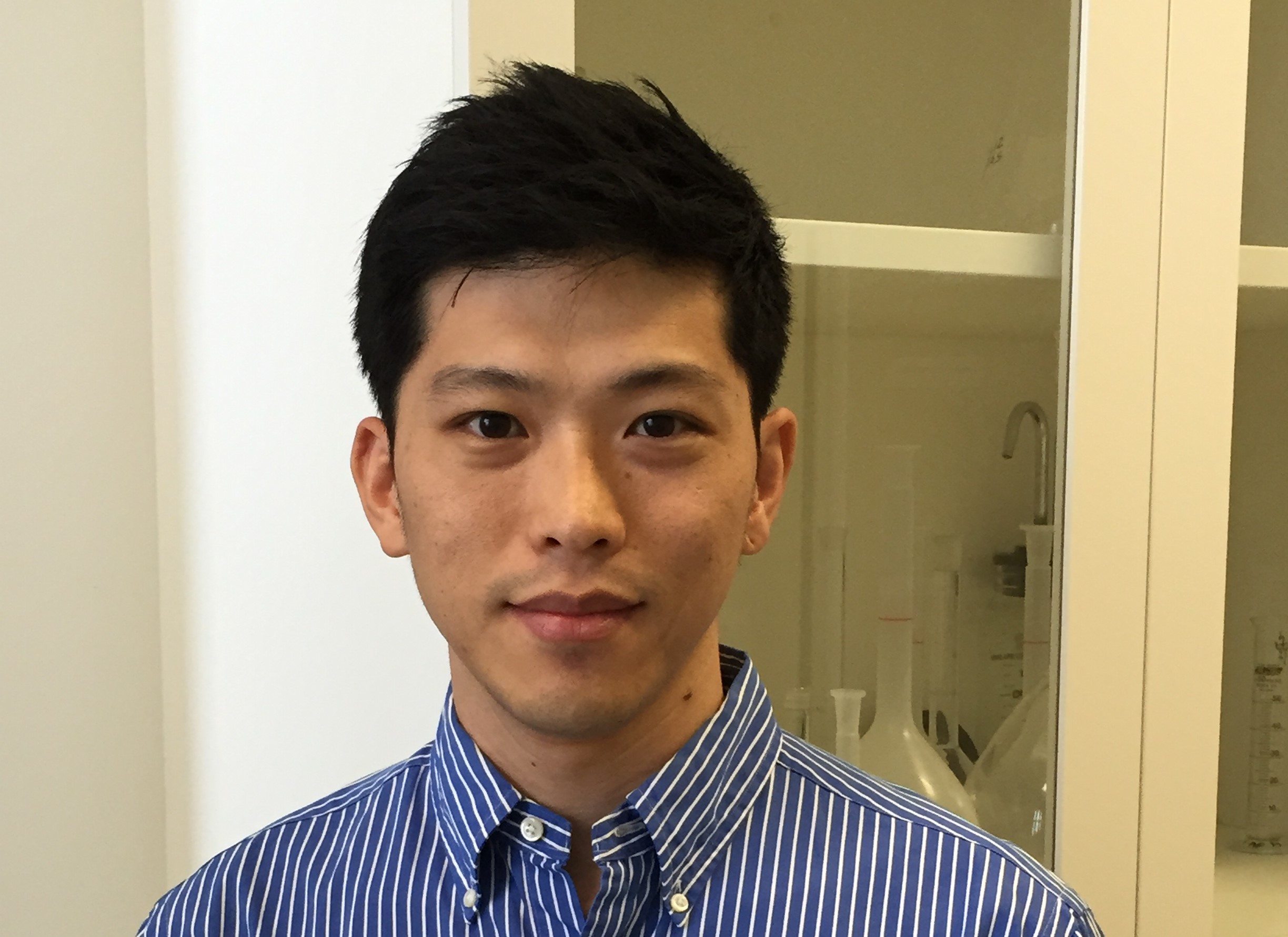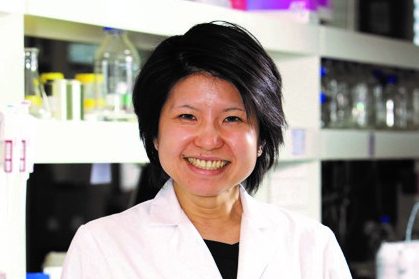Research Projects

Stiffened heart alters stem cell behaviour
Principal Investigator: Dr Yu Suk Choi
One of the challenges in regenerating heart muscle after myocardial infarction (MI) is that the microenvironment of damaged heart muscle becomes much stiffer. The stiffened tissue can mislead stem cells into developing into other cell types (e.g. bone-like cells) rather than beating cardiac muscle cells. This is due to the phenomemon called mechanosensing (sensing mechanical properties of tissue) and it makes tissue stiffness an active controller of stem cell fate.
In this project to mimic the stiffness changes of heart tissue after myocardial infarction, Dr Yu Suk Choi has developed a novel, easy-to-reproduce method to fabricate linear stiffness gradients using smart hydrogels that spans a range of stiffness relevant in healthy and infarcted heart tissue. The gradient system was analysed and confirmed with several complementary techniques, including the use of cutting edge optical coherence elastography.
In following experiments, stem cell behaviour and their cardiac potential will be examined on these smart hydrogels. This reductionist approach will enhance our understanding of how stem cells and ECM stiffness interact in normal or damaged heart tissue. This will provide better insights into production of natural ECM-mimicked biomaterials for cardiac regeneration.

Can combining medications reduce the effect of free radicals on excess sodium in the heart muscle?
Principal Investigator: Dr Chia Chi Liu
Co-Investigators: Prof Helge Rasmussen, Dr Elisha Hamilton
Heart failure is the leading cause of health complications and death in the world. While many drugs are used in the treatment of heart failure, this innovative research has discovered that a new group of drugs, Beta3-AR agonists (one of which is already used as a treatment for an overactive bladder), are beneficial for heart failure treatment.
Our research has found that administering Beta3-AR agonists can reduce sodium overload in heart muscle cells and decrease oxidative stress in heart failure. We have also studied this drug as add-on to standard therapy in 70 patients with heart failure for 6 months, and results showed that the treatment is safe and the condition of patients’ hearts is improved, in some cases, significantly. Additional clinical trials for patients with severe heart failure are in progress.
